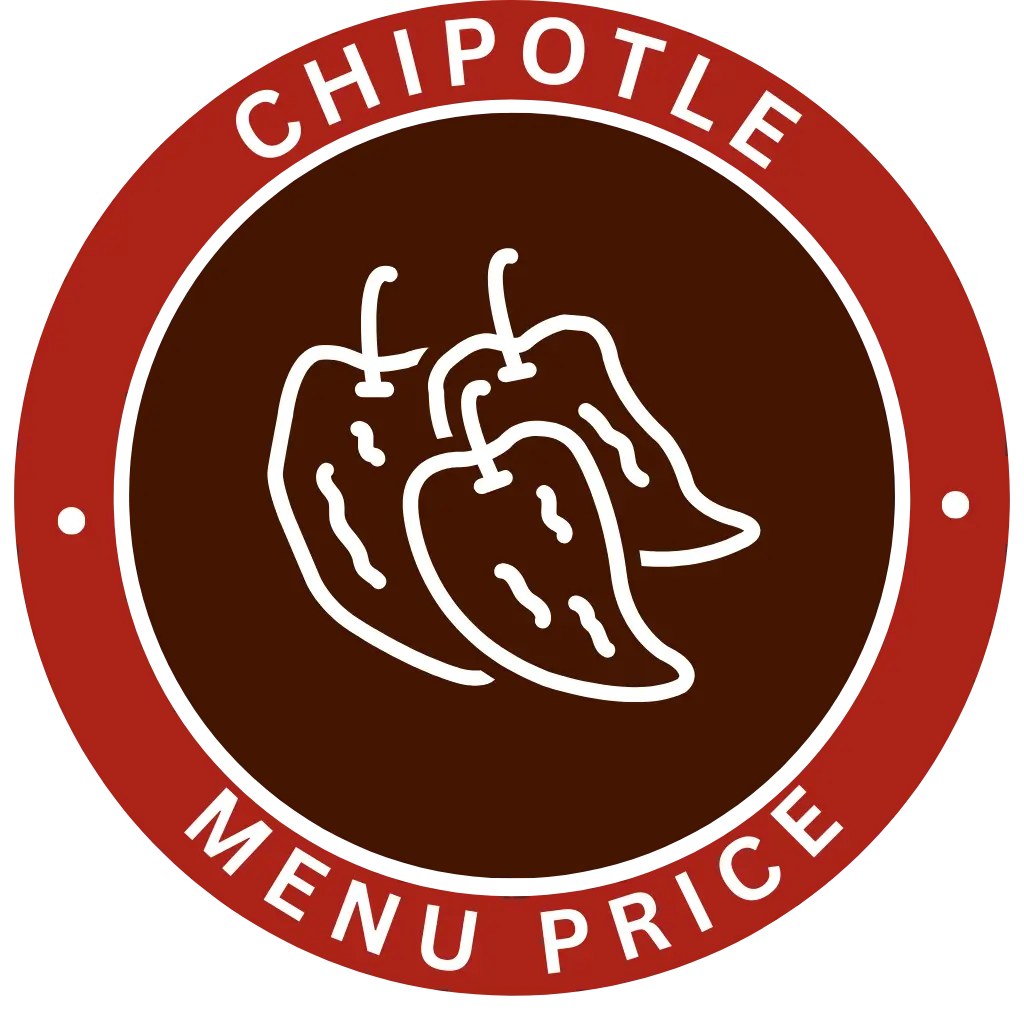A Quiet Revolution on India’s Western Coast Diu Win
In an age where urban noise, digital overload, and environmental strain are daily realities, the Union Territory of Diu has quietly charted a course of progress, balance, and cultural pride. While many places clamor for attention with high-rise skylines and industrial scale-ups, Diu has chosen a different path—one rooted in sustainability, heritage, and smart governance.
When we say “Diu Win,” we’re not referring to a trophy, a contest, or even a moment. It’s a continuous success story—an evolving blueprint for how a small coastal region can achieve big results in energy, tourism, infrastructure, and community welfare without compromising its essence.
Let’s explore what makes “Diu Win” more than a slogan—what makes it a model for meaningful change.
Energy Self-Reliance: Solar Power in Action
One of the biggest wins for Diu has been its transition to clean energy. While much of the world grapples with rising carbon emissions and unreliable grids, Diu has taken bold, forward-looking steps.
Today, Diu produces more solar power than it consumes. Thanks to solar parks and rooftop panels spread across government buildings, schools, and homes, the region has drastically reduced its dependence on conventional power sources. This not only ensures energy stability but also cuts down on household electricity costs—making it a true “people’s win.”
In a world where energy independence is fast becoming synonymous with national strength, Diu’s quiet victory in this domain sets a shining example.
Smart City, Human City
Urban planning isn’t just about roads and buildings—it’s about making life smoother for people. Diu was chosen under India’s Smart Cities Mission, and it has delivered results that many large cities are still chasing.
- Digital Services: Local residents now enjoy digitized birth certificates, property records, and grievance redressal systems—all accessible with a few clicks.
- Public Wi-Fi: Strategically placed in parks and major community spaces to promote digital inclusion.
- Surveillance & Safety: Smart cameras, emergency helplines, and street lighting have enhanced public safety and reduced crime.
But Diu’s smart city vision goes further. It is also a green city, with tree-lined roads, solar-powered lights, and minimal noise pollution. In every sense, Diu has proved that progress and peace can go hand in hand.
Culture Preserved, Not Buried
Many regions lose their unique character in the race toward modernization. Not Diu.
Steeped in a rich Portuguese legacy, this island has preserved its forts, churches, temples, and ancient settlements with care and pride. From the majestic Diu Fort, offering panoramic views of the Arabian Sea, to the beautiful St. Paul’s Church that still draws admiration for its intricate woodwork—Diu is a living museum.
But the culture is not just in the monuments. It’s alive in the festivals, the local dialects, the crafts, and the stories passed from one generation to the next. And the government has made significant efforts to ensure these stories aren’t lost in translation. Local artists and historians are supported, and cultural tourism is promoted in a responsible, respectful way.
In this, Diu wins the battle many places lose: keeping the past alive while moving toward the future.
Tourism That Respects Nature
Diu is blessed with clean beaches, serene sunsets, and a laid-back vibe that tourists crave. Yet, what makes it stand out is not just its beauty—but how it manages that beauty.
Tourism is carefully planned to avoid over-commercialization. Instead of building glass towers and theme parks, Diu has:
- Encouraged eco-tourism through nature trails and bird-watching zones.
- Preserved marine biodiversity with strict protection rules.
- Promoted community-led tourism, allowing local families to host travelers and share authentic experiences.
This tourism model brings in income while preserving the fragile ecosystem—a delicate balance that many destinations fail to strike.
People-Centered Development
Diu’s real win lies in its people.
- Education: Schools in Diu have adopted smart learning tools, improved teacher training, and created digital libraries—bridging the gap between rural and urban learning standards.
- Healthcare: Local clinics are equipped with better diagnostics, telemedicine facilities, and access to specialists from mainland hospitals.
- Livelihood: Fishermen, artisans, and small business owners are empowered through training, financial assistance, and market linkages.
This people-first approach ensures that no one is left behind. Every child educated, every family supported, and every entrepreneur encouraged is another step in Diu’s victory march.
Environmental Responsibility as a Daily Practice
Diu’s environmental strides go beyond solar energy. It’s about a lifestyle rooted in respect for nature.
- Use of plastic is being actively discouraged, with alternatives promoted in markets and schools.
- Marine conservation zones have been marked to protect endangered species.
- Regular community events like beach clean-ups and tree-planting drives are normalized, making green living not a trend, but a habit.
In doing this, Diu reminds us that environmental responsibility doesn’t need grand speeches—it needs consistent, local action.
Conclusion: The Meaning of “Diu Win”
“Diu Win” is not a claim. It’s a philosophy. It stands for:
✅ Smart choices over flashy ones
✅ People over profit
✅ Heritage over haste
✅ Sustainability over short-term success
In a world increasingly chasing numbers and noise, Diu offers a quiet win—one measured in happy families, preserved coastlines, and a future that respects the past.
Let this serve as a reminder: Sometimes, the greatest victories come not with fanfare, but with foresight, care, and a genuine commitment to the well-being of people and planet.
